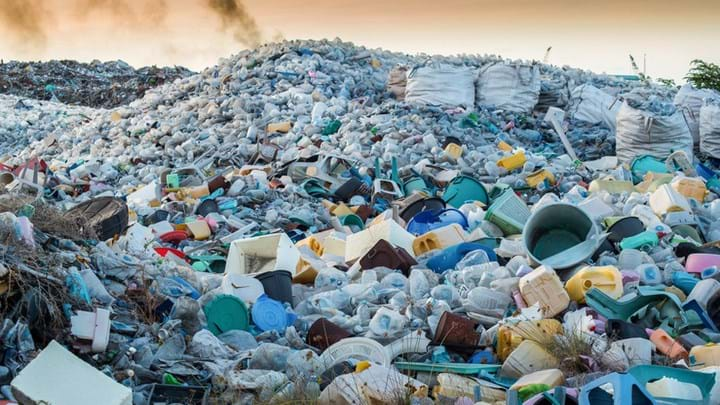Neste aims to turn plastic waste into fuel

NESTE, a producer of renewable diesel, is developing ways to turn liquified plastic waste into a raw material, with plans to proceed to an industrial-scale trial in 2019.
Around 27m t/y of plastic waste is generated in Europe, but only a third is currently collected for recycling. One of the EU’s objectives released in its Strategy for Plastics in a Circular Economy is to increase the amount of plastic recycling, with a target of 55% of plastic being recycled by 2030. Using waste plastic as a raw material reduces the dependency on crude oil, and therefore reduces the carbon footprint of the products.
“We are already the world's largest producer of renewable diesel from waste and residues,” said Matti Lehmus, executive vice president of Neste’s oil products business area. “Our target is to also be a leader in low-carbon refining and support circular economy by developing innovative solutions based on waste plastic … we are in a unique position to introduce waste plastics as a new raw material for fossil refining. At the same time, we aim to provide solutions to support global plastic waste reduction.”
Plastics are recycled either mechanically or chemically. Mechanical recycling granulates plastic for reuse, but the quality of the plastic is reduced and it can’t be reused in products such as food packaging. Chemical recycling liquifies the plastic to produce a raw material similar to crude oil, which the refining and petrochemical industries can then convert into products such as fuels, chemicals, and new plastics. These plastics are free of impurities, so their applications are not limited.
Neste is also developing bio-plastics from raw materials such as waste fats and oils in a partnership with IKEA, with a commercial scale bio-based polypropylene plant due to begin operations this year. Creating bio-based plastics reduces the dependence on fossil fuels as raw materials, however bio-based plastics are not necessarily biodegradable. Efficient collection and recycling systems are vital for reducing the amount of plastic waste and the ability to use waste plastic as a feedstock would provide a powerful incentive for recycling systems.
Neste is currently looking for partners to accelerate development of technologies and the value chain. “Circular economy is built upon joint efforts,” said Lehmus. “We wish to partner with leading companies throughout the value chain.”
Neste plans to process more than 1m t/y of plastic waste by 2030.
Recent Editions
Catch up on the latest news, views and jobs from The Chemical Engineer. Below are the four latest issues. View a wider selection of the archive from within the Magazine section of this site.




